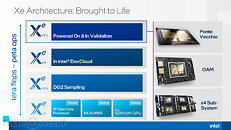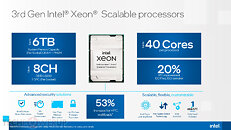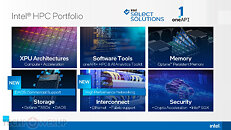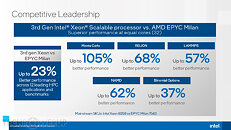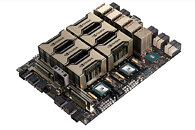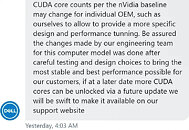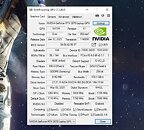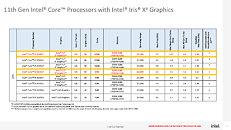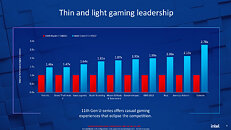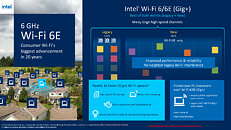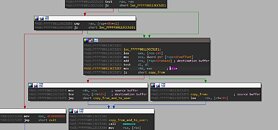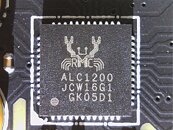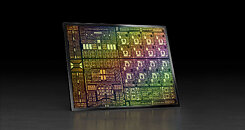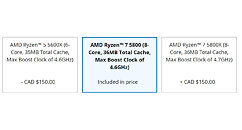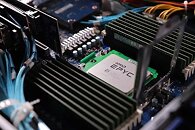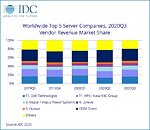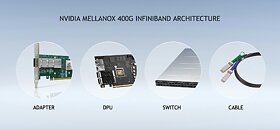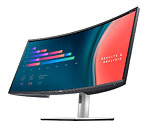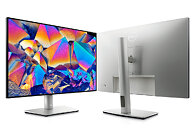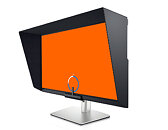
Qualcomm Introduces New 5G Distributed Unit Accelerator Card to Drive Global 5G Virtualized RAN Growth
Qualcomm Technologies, Inc. today announced the expansion of its 5G RAN Platforms portfolio with the addition of the Qualcomm 5G DU X100 Accelerator Card. The Qualcomm 5G DU X100 is designed to enable operators and infrastructure vendors the ability to readily reap the benefits of high performance, low latency, and power efficient 5G, while accelerating the cellular ecosystem's transition towards virtualized radio access networks.
The Qualcomm 5G DU X100 is a PCIe inline accelerator card with concurrent Sub-6 GHz and mmWave baseband support which is designed to simplify 5G deployments by offering a turnkey solution for ease of deployment with O-RAN fronthaul and 5G NR layer 1 High (L1 High) processing. The PCIe card is designed to seamlessly plug into standard Commercial-Off-The-Shelf (COTS) servers to offload CPUs from latency-sensitive and compute-intensive 5G baseband functions such as demodulation, beamforming, channel coding, and Massive MIMO computation needed for high-capacity deployments. For use in public or private networks, this accelerator card aims to give carriers the ability to increase overall network capacity and fully realize the transformative potential of 5G.
The Qualcomm 5G DU X100 is a PCIe inline accelerator card with concurrent Sub-6 GHz and mmWave baseband support which is designed to simplify 5G deployments by offering a turnkey solution for ease of deployment with O-RAN fronthaul and 5G NR layer 1 High (L1 High) processing. The PCIe card is designed to seamlessly plug into standard Commercial-Off-The-Shelf (COTS) servers to offload CPUs from latency-sensitive and compute-intensive 5G baseband functions such as demodulation, beamforming, channel coding, and Massive MIMO computation needed for high-capacity deployments. For use in public or private networks, this accelerator card aims to give carriers the ability to increase overall network capacity and fully realize the transformative potential of 5G.



